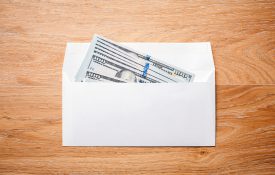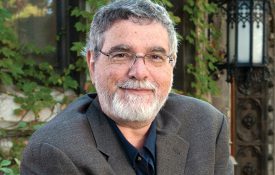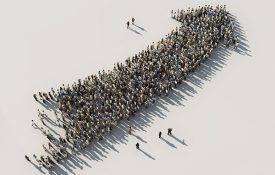-

When a “Golden Opportunity” to Bribe Arises, It’s Hard to Pass Up
Studies led by researchers at VU Amsterdam suggest that the path to corrupt behavior may sometimes be a steep cliff instead of a slippery slope, contrary to popular belief.
-
The Friendship That Created Behavioral Economics
The Atlantic: The term “the economic man,” or homo economicus, is attributed to John Stuart Mill. It represents one way economists have studied people for decades—as rational, self-interested actors whose behaviors and actions can be
-
In Today’s Supreme Court Case, Freedom Of Speech Meets Your Wallet
FiveThirtyEight: Every time we buy something with our credit cards, whether at a high-end restaurant or a local bodega, merchants pay a percentage of the transaction to companies like Visa and MasterCard. These “swipe fees”
-

Robust Science Depends on Understanding the Science of Humans
APS Fellow Howard C. Nusbaum serves in a leadership position at the National Science Foundation. From this vantage point, he devotes a guest column to discussing how even the most robust science is still vulnerable to human error.
-

Harnessing the Wisdom of Crowds to Improve Hiring
Incorporating psychological research on implicit bias in hiring, the United Kingdom’s Behavioural Insights Team is investigating collaborative ways to help companies select the most qualified candidates for job openings.
-
The Psychology Behind Bad Gift-Giving: Where Buyers Go Wrong
NBC: As though holiday shopping weren’t nerve-racking enough, there’s yet another factor to stress out about: the prospect of buying a bad gift. Despite our best intentions, we often end up purchasing gifts that aren’t

